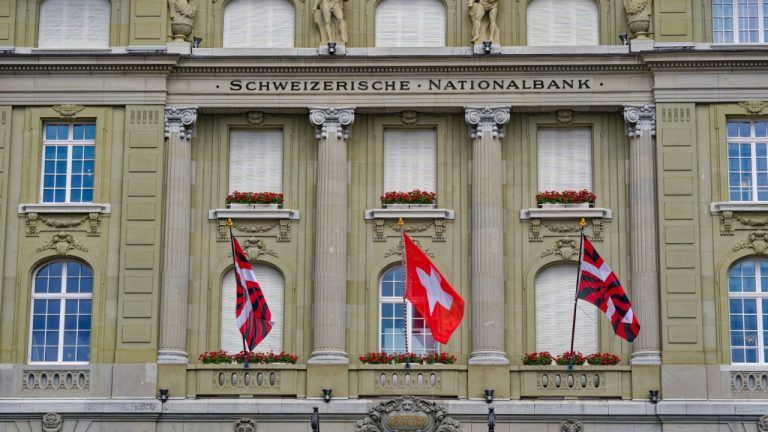 Switzerland’s central bank flatly rejected cryptocurrency for reserves, citing wild price swings, legal fragility, and software flaws as global momentum builds toward digital assets. No Crypto for Now: Swiss Central Bank Rebuffs Digital Assets in Reserve Strategy Swiss National Bank (SNB) Vice President Martin Schlegel clarified Thursday in Zurich that Switzerland’s central bank has no […]
Switzerland’s central bank flatly rejected cryptocurrency for reserves, citing wild price swings, legal fragility, and software flaws as global momentum builds toward digital assets. No Crypto for Now: Swiss Central Bank Rebuffs Digital Assets in Reserve Strategy Swiss National Bank (SNB) Vice President Martin Schlegel clarified Thursday in Zurich that Switzerland’s central bank has no […]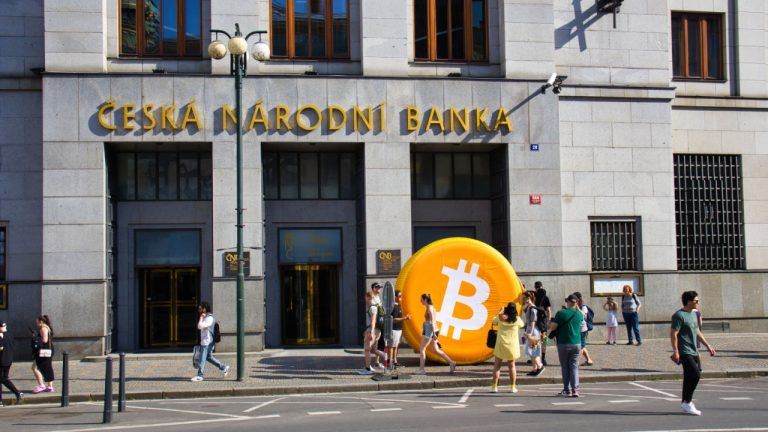 A Czech National Bank board member has raised doubts on bitcoin as a reserve asset, citing legal uncertainty and volatility risks, even as it explores new asset classes. Bitcoin Faces Pushback From Czech Central Bankers Czech National Bank board member Jan Kubicek has expressed reservations about incorporating bitcoin into the central bank’s reserves, citing its […]
A Czech National Bank board member has raised doubts on bitcoin as a reserve asset, citing legal uncertainty and volatility risks, even as it explores new asset classes. Bitcoin Faces Pushback From Czech Central Bankers Czech National Bank board member Jan Kubicek has expressed reservations about incorporating bitcoin into the central bank’s reserves, citing its […]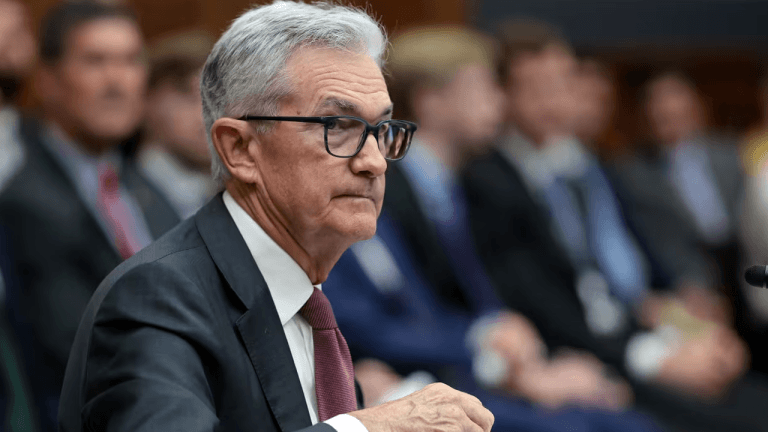 The U.S. central bank opted to hold the federal funds rate steady within the range of 4.25% to 4.50%, emphasizing that “inflation remains somewhat elevated.” Powell Highlights Tariff Challenges in Economy, Fed Adjusts Financial Strategy Simultaneously, the Federal Reserve announced a strategic adjustment to its balance sheet normalization efforts, declaring it would “slow the pace […]
The U.S. central bank opted to hold the federal funds rate steady within the range of 4.25% to 4.50%, emphasizing that “inflation remains somewhat elevated.” Powell Highlights Tariff Challenges in Economy, Fed Adjusts Financial Strategy Simultaneously, the Federal Reserve announced a strategic adjustment to its balance sheet normalization efforts, declaring it would “slow the pace […]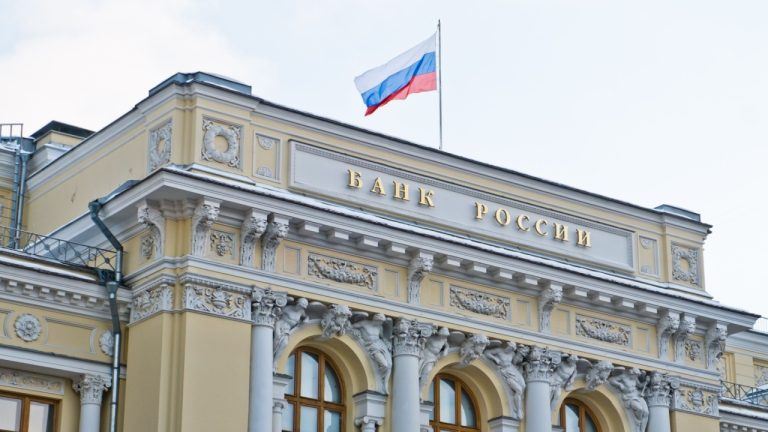 The Bank of Russia introduced a proposal to allow highly qualified investors to purchase and sell crypto under an experimental framework lasting three years. Nonetheless, peer-to-peer transactions and payments would still be banned under this sandbox. Central Bank of Russia Opens up to Crypto With Sandbox Regime Russia is on the verge of opening to […]
The Bank of Russia introduced a proposal to allow highly qualified investors to purchase and sell crypto under an experimental framework lasting three years. Nonetheless, peer-to-peer transactions and payments would still be banned under this sandbox. Central Bank of Russia Opens up to Crypto With Sandbox Regime Russia is on the verge of opening to […]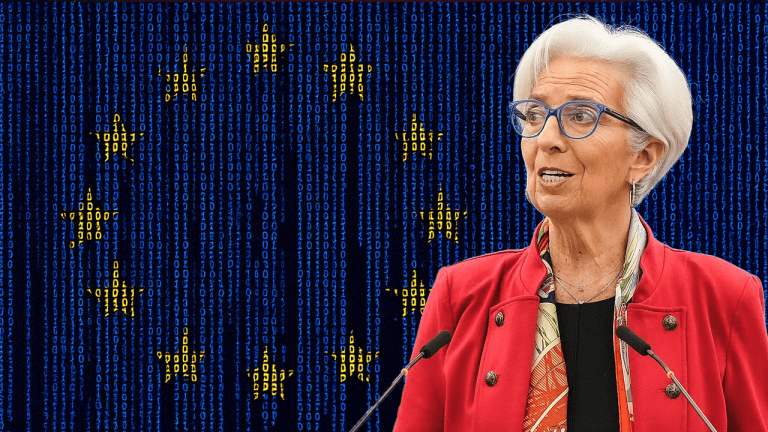 ECB President Christine Lagarde said the European Central Bank (ECB) aims to finalize preparations for a digital euro by October 2025, but its launch remains contingent on legislative approval and stakeholder cooperation. EU Digital Euro Preparation Phase Targets October 2025, Launch Uncertain Amid Legislative Delays The ECB is racing to complete the groundwork for a […]
ECB President Christine Lagarde said the European Central Bank (ECB) aims to finalize preparations for a digital euro by October 2025, but its launch remains contingent on legislative approval and stakeholder cooperation. EU Digital Euro Preparation Phase Targets October 2025, Launch Uncertain Amid Legislative Delays The ECB is racing to complete the groundwork for a […] Russia’s digital ruble rollout is delayed as the central bank refines its economic model, despite a successful pilot with 15 banks, 1,700 citizens, and 30 businesses participating. Bank of Russia Delays Digital Ruble Rollout The Bank of Russia has delayed the full-scale rollout of its central bank digital currency (CBDC), the digital ruble, which was […]
Russia’s digital ruble rollout is delayed as the central bank refines its economic model, despite a successful pilot with 15 banks, 1,700 citizens, and 30 businesses participating. Bank of Russia Delays Digital Ruble Rollout The Bank of Russia has delayed the full-scale rollout of its central bank digital currency (CBDC), the digital ruble, which was […]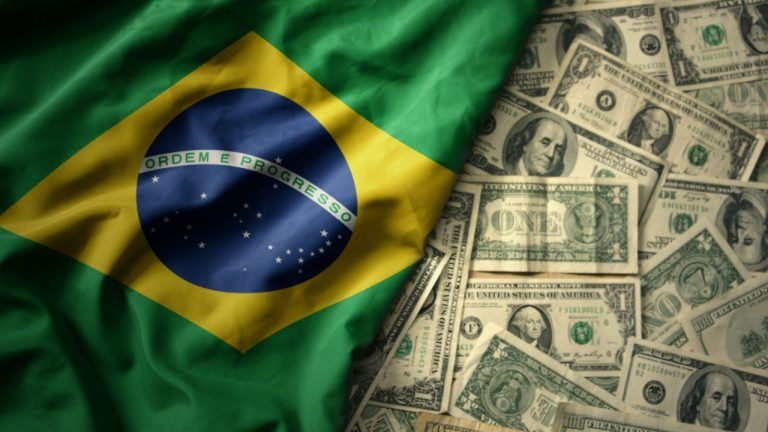 The new president of the Central Bank of Brazil has linked the rapid growth of stablecoins with tax evasion and money laundering. He remarked that individuals use these tools for cross-border payments to maintain an “opaque vision for taxation or money laundering.” Central Bank of Brazil States Stablecoin Volumes Linked to Tax Evasion and Money […]
The new president of the Central Bank of Brazil has linked the rapid growth of stablecoins with tax evasion and money laundering. He remarked that individuals use these tools for cross-border payments to maintain an “opaque vision for taxation or money laundering.” Central Bank of Brazil States Stablecoin Volumes Linked to Tax Evasion and Money […] Lesetja Kganyago, governor of the South African Reserve Bank, criticized crypto lobbyists at the World Economic Forum in Davos for pushing countries to add Bitcoin to their reserves. South Africa Central Bank Chief Questions Lobbyists’ Focus on Bitcoin The governor of the South African Reserve Bank (SARB), Lesetja Kganyago, has slammed crypto lobbyists calling on […]
Lesetja Kganyago, governor of the South African Reserve Bank, criticized crypto lobbyists at the World Economic Forum in Davos for pushing countries to add Bitcoin to their reserves. South Africa Central Bank Chief Questions Lobbyists’ Focus on Bitcoin The governor of the South African Reserve Bank (SARB), Lesetja Kganyago, has slammed crypto lobbyists calling on […]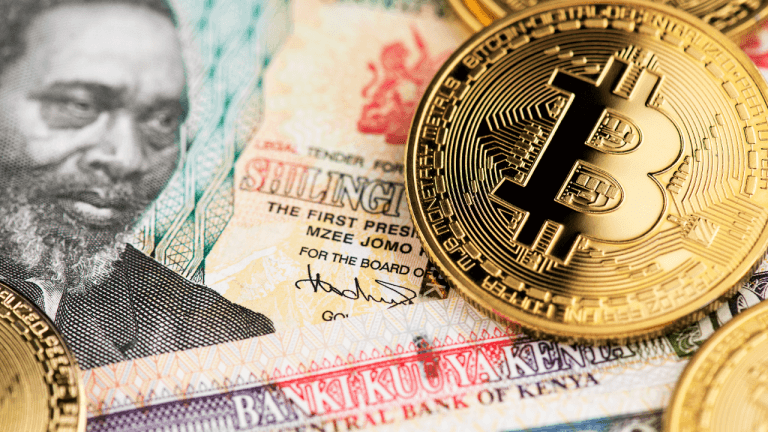 A new study found that typical Kenyan crypto users to be under 40. Kenyans not only trade cryptocurrencies but use them for investment and as a hedge against inflation. Kenya Seeks IMF Assistance According to a study by a Kenyan Technical Working Group, Kenyan residents continue to trade cryptocurrencies despite repeated warnings from the central […]
A new study found that typical Kenyan crypto users to be under 40. Kenyans not only trade cryptocurrencies but use them for investment and as a hedge against inflation. Kenya Seeks IMF Assistance According to a study by a Kenyan Technical Working Group, Kenyan residents continue to trade cryptocurrencies despite repeated warnings from the central […]

The initiative will initially focus on tokenized deposits with the HKMA providing support to local banks for trials.
The Hong Kong Monetary Authority (HKMA) has launched an initiative to assist banks in adopting distributed ledger technology.
On Jan. 8, the Hong Kong central bank announced the launch of its “Supervisory Incubator for Distributed Ledger Technology,” which aims to help banks safely implement distributed ledger technology into their operations and maximize the benefits.
“As the banking industry continues to evolve, it is essential that we provide a supportive environment for innovation to thrive,” said Arthur Yuen, deputy chief executive of the HKMA.